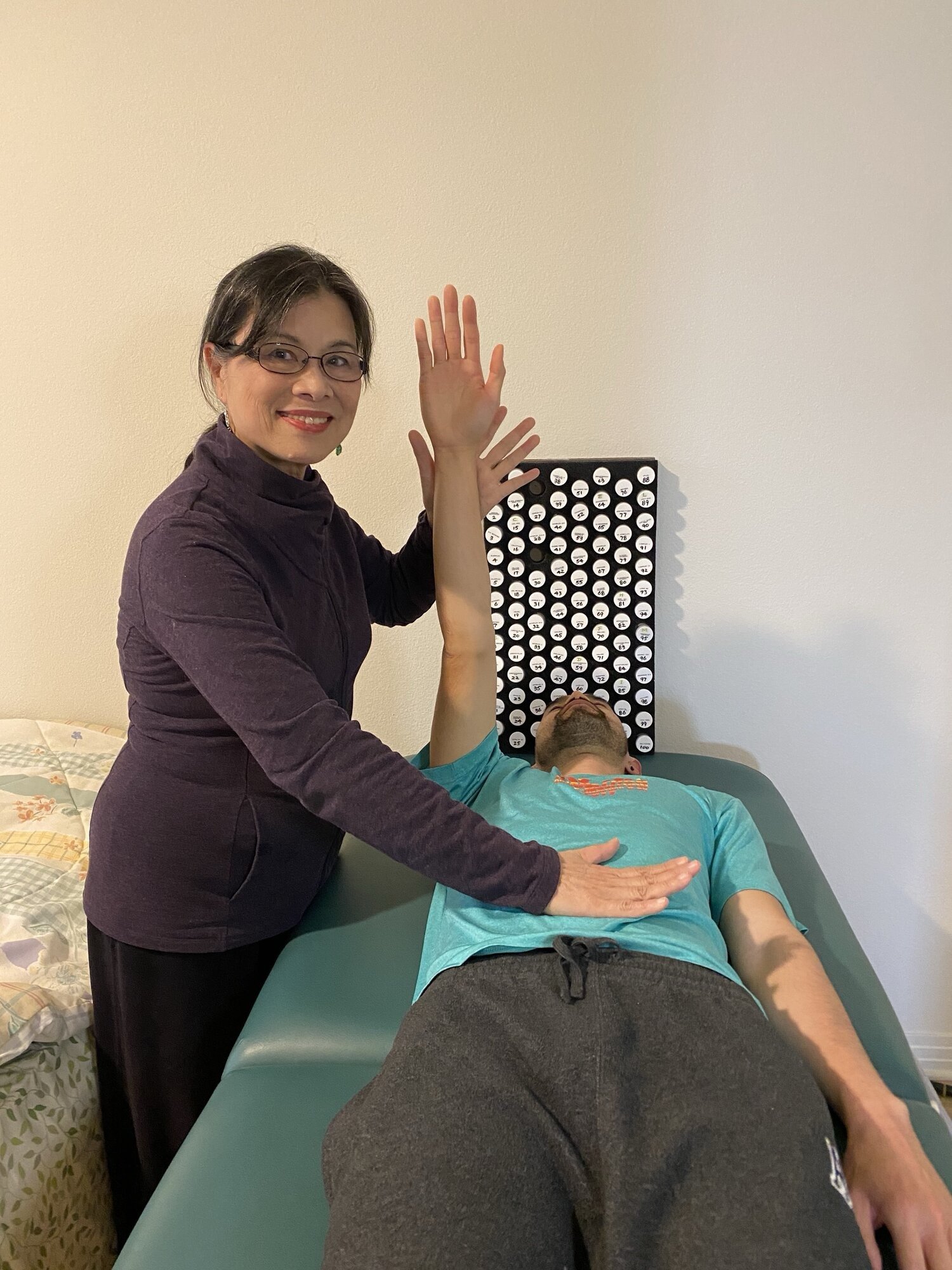Understanding the Causes of Skin Rashes and How Nutrition Response Testing Can Help
Introduction
Skin rashes are a common ailment that many people experience at some point in their lives. They can be irritating, unsightly, and sometimes painful. As a Traditional Chinese Medicine (TCM) doctor, I have seen countless patients suffer from various types of skin rashes. In this blog, we will explore the common causes of skin rashes and how Nutrition Response Testing (NRT) can provide an effective treatment approach.
Common Causes of Skin Rashes
Allergies:
Food Allergies: Certain foods can trigger allergic reactions that manifest as skin rashes. Common culprits include nuts, shellfish, dairy, and gluten.
Environmental Allergens: Pollen, dust mites, pet dander, and mold can also cause allergic reactions leading to rashes.
Irritants:
Chemical Exposure: Household cleaning products, detergents, and personal care products with harsh chemicals can irritate the skin.
Fabric and Clothing: Certain fabrics, especially synthetic ones, can cause skin irritation.
Infections:
Bacterial Infections: Conditions like impetigo can cause skin rashes.
Viral Infections: Chickenpox, measles, and other viral infections often present with rashes.
Fungal Infections: Athlete’s foot and ringworm are common fungal infections that cause rashes.
Chronic Skin Conditions:
Eczema: A chronic condition that causes inflamed, itchy, and red skin.
Psoriasis: An autoimmune condition that leads to the rapid build-up of skin cells, causing scaly and itchy patches.
Stress:
Emotional and physical stress can exacerbate skin conditions and lead to stress-related rashes.
Diet and Nutritional Deficiencies:
Poor diet and deficiencies in essential nutrients can weaken the immune system and skin barrier, making the skin more susceptible to rashes.
How Nutrition Response Testing (NRT) Can Help
Nutrition Response Testing is a non-invasive technique that identifies nutritional imbalances and deficiencies in the body. It can be particularly effective in addressing the root causes of skin rashes. Here’s how NRT works:



Assessment:
During an NRT session, a practitioner uses muscle testing to evaluate the body’s response to various substances. This helps identify underlying issues such as nutritional deficiencies, food sensitivities, and toxicities that may be contributing to skin rashes.
Personalized Nutritional Plan:
Based on the assessment, a personalized nutritional plan is developed. This plan focuses on incorporating whole foods and supplements that address specific deficiencies and support overall skin health.
Detoxification:
NRT can help identify and eliminate toxins from the body that may be causing or exacerbating skin rashes. Detoxification protocols may include dietary changes, herbal supplements, and lifestyle adjustments.
Balancing Gut Health:
Many skin issues are linked to poor gut health. NRT helps in identifying gut imbalances and recommending probiotics, prebiotics, and other gut-healing foods and supplements to restore a healthy digestive system.
Boosting Immune Function:
A strong immune system is crucial for maintaining healthy skin. NRT supports the immune system by ensuring the body receives adequate vitamins, minerals, and antioxidants.
Holistic Approach:
NRT complements the principles of TCM by addressing the body as a whole. By balancing the body’s energy and ensuring optimal nutrition, NRT promotes overall well-being and natural healing.
Conclusion
Skin rashes can be a sign of deeper health issues that need to be addressed holistically. Nutrition Response Testing offers a comprehensive approach to identify and treat the root causes of skin rashes. By focusing on personalized nutrition and overall body balance, NRT can help you achieve healthier, clearer skin. If you’re struggling with persistent skin rashes, consider exploring NRT as a part of your treatment plan.
For more information or to schedule a consultation, feel free to contact us. Let’s work together towards achieving optimal health and radiant skin.

